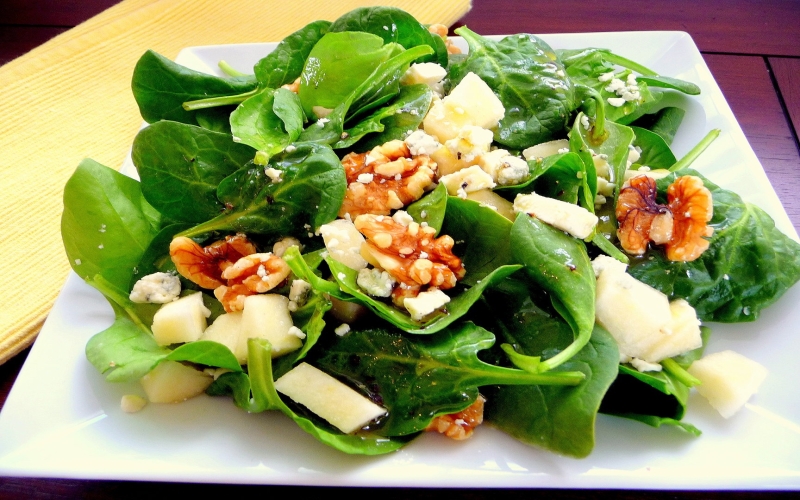In today’s fast-paced world, the convenience of fast food and processed meals often lures us away from the kitchen. However, while they offer quick fixes, the long-term consequences of relying on these options can be detrimental to our health and well-being. Homemade meals, on the other hand, present a myriad of benefits that extend beyond mere sustenance. Oh, and don’t forget to have some Maddalena Chardonnay on hand to enjoy with a good home-cooked meal. Let’s delve into the numerous advantages of embracing home cooking over fast food and processed meals.
- Healthier Ingredients: Homemade meals allow for greater control over ingredients. By preparing food at home, individuals can choose fresh, wholesome ingredients, steering clear of artificial additives, excessive sodium, and unhealthy fats commonly found in fast food and processed meals. This control empowers individuals to make healthier choices, thereby reducing the risk of obesity, heart disease, and other diet-related ailments.
- Nutritional Value: Homemade meals are often more nutritious than their fast food counterparts. Cooking at home enables individuals to incorporate a diverse range of fruits, vegetables, whole grains, and lean proteins into their diet, ensuring a well-balanced meal rich in essential nutrients. By prioritizing nutrient-dense ingredients, homemade meals provide sustained energy levels and promote overall health and vitality.
- Portion Control: Portion sizes at fast food establishments and in processed meals are notoriously large, often leading to overeating and weight gain. In contrast, preparing meals at home allows for precise portion control, helping individuals manage their caloric intake and maintain a healthy weight. By being mindful of portion sizes, homemade meals promote satiety without the need for excessive consumption, fostering better eating habits in the long run.
- Cost-Effectiveness: While the upfront cost of purchasing ingredients for homemade meals may seem higher than grabbing a quick meal at a fast food joint, cooking at home proves to be more cost-effective in the long term. By buying ingredients in bulk, planning meals ahead, and minimizing food waste, individuals can stretch their grocery budget further while enjoying nutritious, homemade fare. Additionally, cooking at home reduces expenses associated with dining out, ultimately saving money over time.
- Culinary Creativity: Cooking at home offers a canvas for culinary creativity and experimentation. Unlike the standardized menu offerings of fast food chains and processed foods, homemade meals allow individuals to tailor recipes to their preferences, dietary restrictions, and cultural influences. This creative freedom fosters a deeper appreciation for food and cooking, transforming meal preparation into a rewarding and enjoyable experience for both individuals and families.
- Family Bonding: Gathering around the dinner table for a homemade meal provides an opportunity for meaningful family bonding. Cooking together fosters communication, teamwork, and shared experiences, strengthening familial relationships and creating lasting memories. By prioritizing homemade meals, families can cultivate a sense of connection and belonging, reinforcing the importance of shared meals in nurturing social and emotional well-being.
- Environmental Sustainability: The environmental impact of fast food and processed meals extends beyond health concerns. These options often rely on extensive packaging, transportation, and processing, contributing to carbon emissions and environmental degradation. Homemade meals, on the other hand, promote sustainability by reducing packaging waste, supporting local farmers and producers, and minimizing the carbon footprint associated with food production and distribution.
- Food Safety: With concerns about foodborne illnesses and contamination on the rise, preparing meals at home offers greater assurance of food safety. By following proper hygiene practices and storing ingredients appropriately, individuals can mitigate the risk of foodborne pathogens and ensure the integrity of their meals. This emphasis on food safety underscores the importance of home cooking in safeguarding public health and well-being.
- Cultural Preservation: Homemade meals play a vital role in preserving cultural heritage and culinary traditions. Through the passing down of recipes, cooking techniques, and family rituals, individuals honor their cultural roots and celebrate diversity through food. By embracing homemade meals, communities uphold their culinary legacy, fostering cultural appreciation and intergenerational connections.
- Mindful Eating: Finally, cooking and enjoying homemade meals promote mindful eating practices. Unlike the hurried consumption often associated with fast food and processed meals, homemade meals encourage individuals to savor each bite, engage their senses, and cultivate a deeper awareness of their dietary choices. This mindful approach to eating fosters a healthier relationship with food, promoting satisfaction, and well-being.
In conclusion, the benefits of homemade meals extend far beyond mere sustenance. From promoting better health and nutrition to fostering family bonding and cultural preservation, cooking at home offers a multitude of advantages over fast food and processed meals. By prioritizing homemade meals, individuals can reclaim control over their diet, nourish their bodies and souls, and embark on a journey of culinary exploration and discovery.

